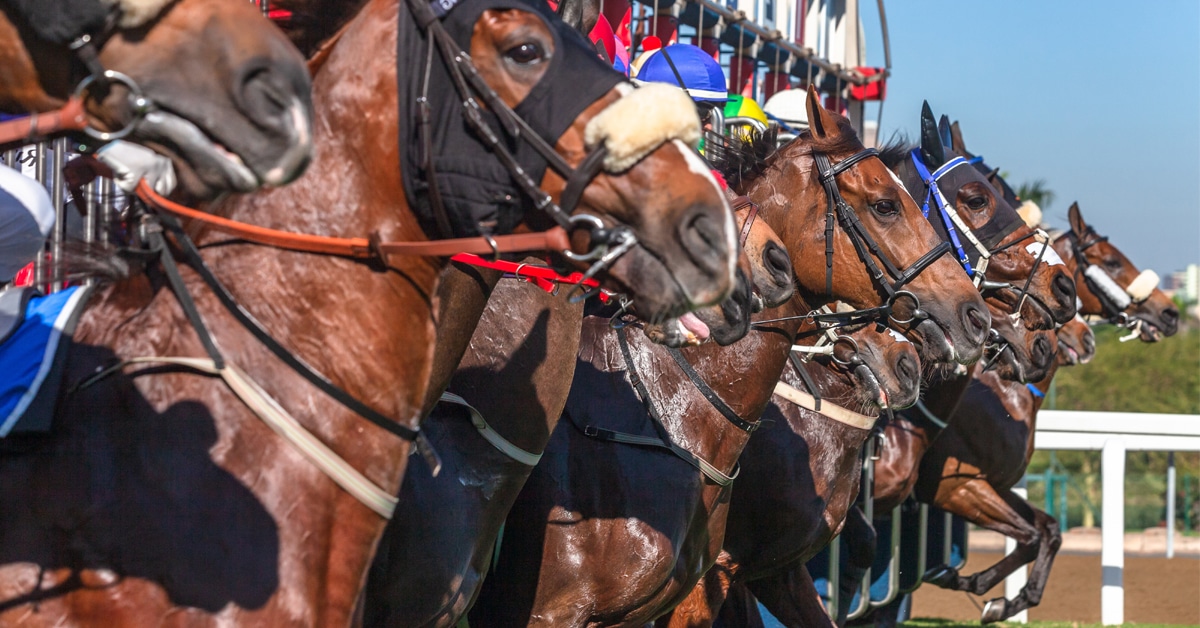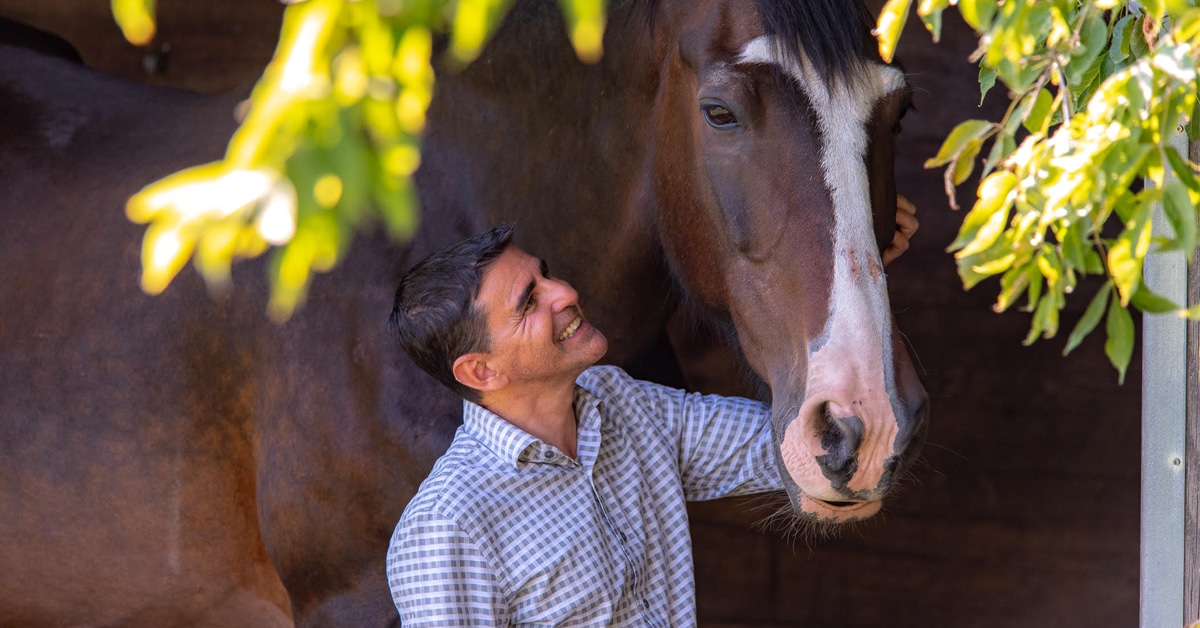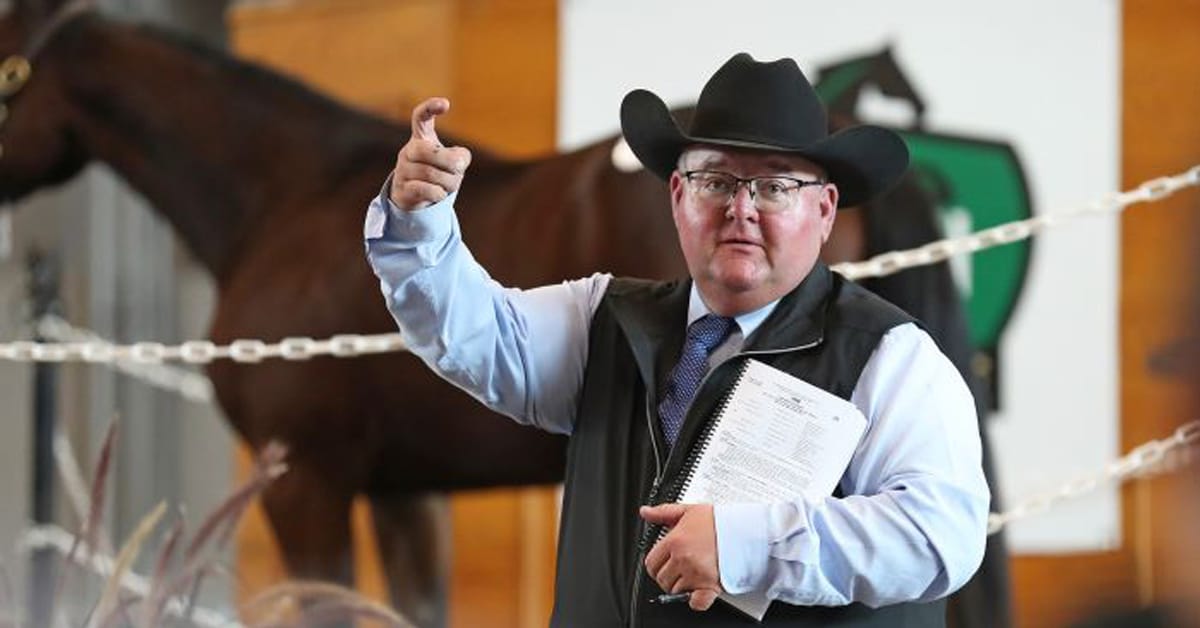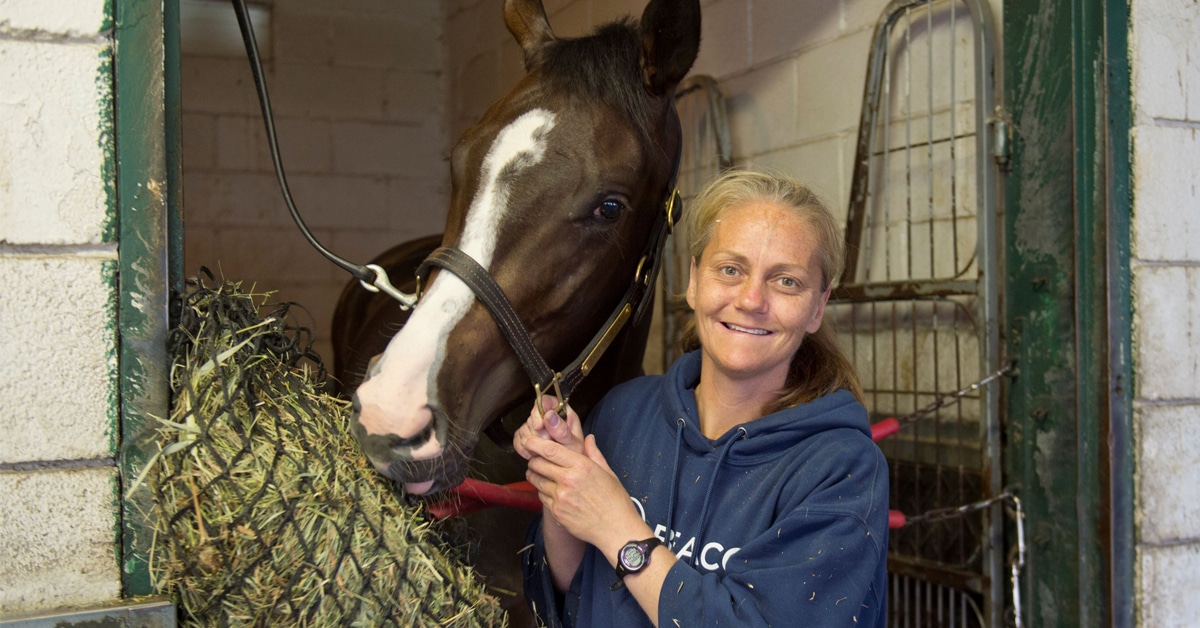The success statistics are mind boggling. Ethereal even.
Owned by Vancouver’s John Gunther and his daughter, Tanya Gunther, Glennwood Farm, a breeding machine based just outside of Versailles, KY — self-described as a ‘boutique’ thoroughbred breeding operation — rarely has more than 20 broodmares.
Yet Glennwood has bred 38 stakes winners — 11 of them Grade 1 winners and fully 30 graded or graded-placed horses.
That star-studded list includes undefeated 2018 Triple Crown winner Justify; dominating 2019 Breeders’ Cup Classic winner Vino Rosso, a solid finalist for an Eclipse Award; First Samurai, winner of the Grade 1 Champagne and Hopeful stakes; Materiality, a Grade 1 Florida Derby winner; Mo Town, champion of the Grade 1 Hollywood Derby; $2-million earner Stay Thirsty, whose wins included the Grade 1 Travers and Cigar Mile; champion 2-year-old Stevie Wonderboy; Tamarkuz, winner of the 2016 Breeders’ Cup Dirt Mile; Without Parole, Group 1 champion of the St. James’s Palace stakes at Royal Ascot.
And on and on.
“I would never have dreamt it,” said John, the 2018 Eclipse Breeder of the Year.
“Tanya was an investment banker in London but wanted to pursue her first passion which was horses. When she left the investment business and joined me in the breeding business, she took it to a whole new level.
“She spends hours analyzing all the matings with each mare. With her hard work and analytical mind, things just came together.
“She picks out the matings; we discuss it and if we both agree we go forward. But I’m certainly not going to argue with her – especially the last several years.”
Justify is a perfect example. “Tanya fell in love with Scat Daddy, who was regarded as a grass sire. The majority of his graded winners ran on the grass.
“No one knew much about him. Tanya talked me into breeding our mare Stage Magic to him.”
Scat Daddy, stood for just $35,000 at the time.
Vino Rosso wasn’t much different.
“She picked out Curlin to breed to our mare Mythical Bride before Curlin got hot.
“I really have her to thank for most of this.”
“I still shake my head sometimes when I think about Justify, a Triple Crown winner from our relatively small operation, then Vino Rosso — not only the Classic winner in 2019 but ran in the Derby with Justify in 2018,” said Tanya. “Two Derby entrants from a small crop and then Without Parole, our first ever runner at Royal Ascot… It’s hard to get your head around.”
What are the most critical challenges facing the industry in Canada today?
“The most critical challenge is protecting and enhancing the safety and welfare of our horses,” said John. “The reforms enacted in California by the Stronach Group and the CHRB are a positive step for the industry. The industry also needs leadership. A spokesperson to defend our industry from extremist groups and social media, strengthening public confidence in our sport.
“Uniform medication for horse racing across the country is also needed. The industry needs supporters to back legislation for uniform rules of medication for horse racing across the country. Eliminating race day medication would be a start and that would provide a level playing field within North American racing and would be the foundation for harmonizing North American racing with International racing.”
What needs to change about the industry in the next 5-10 years?
“We need desperately to find a way to make the sport relevant again,” said Tanya. “The simple truth is that outside of our industry no one really cares about horse racing anymore. When discussing horse racing with people outside of the sport, there seems to be a general lack of awareness about events we consider significant and a lack of knowledge and clear understanding about many factors.”
How can you help affect that change?
“We need to support positive change and try to get involved when possible instead of standing idly by while the status quo reigns,” said Tanya.
Where do you see the thoroughbred industry in Canada in 10 years?
“I think the thoroughbred industry in Eastern Canada will continue to flourish over the next decade,” said John. “There are some excellent breeders and thoroughbred operations in Ontario, and Woodbine is such a fantastic facility with a decent purse structure making it economically feasible for industry participants.”
The Latest










